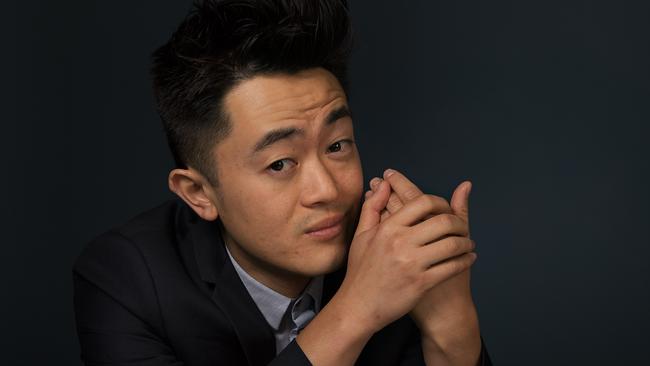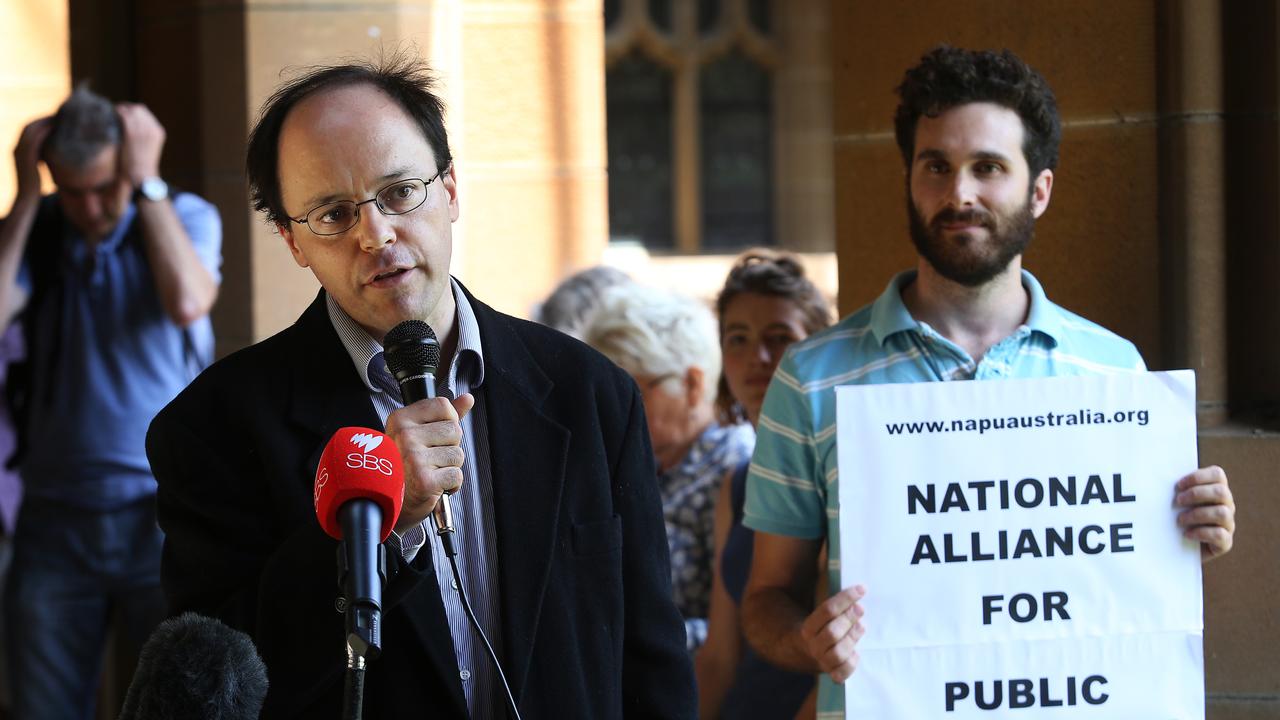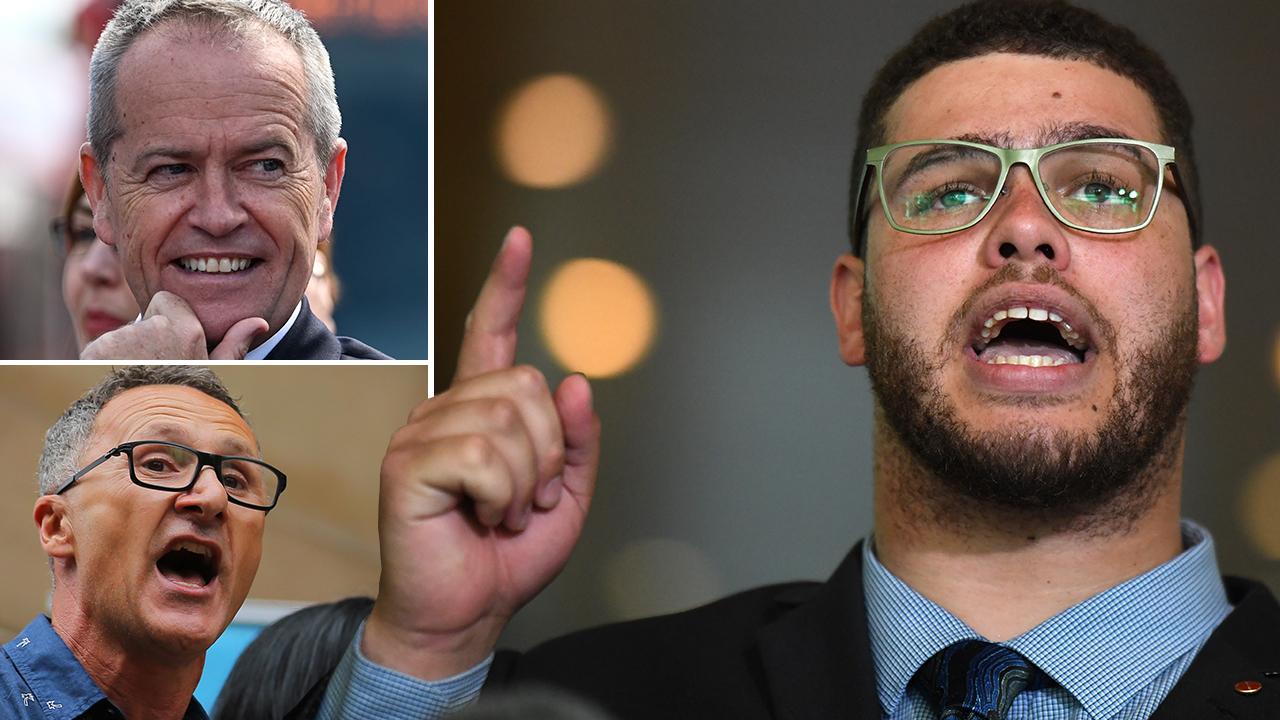
For the increasing number of social justice warriors, tribalism is the path to progressive utopia. It foments hatred, discord and envy and it encourages such behaviour through euphemisms such as “diversity”, “inclusiveness”, and “tolerance”.
On one hand, the movement gives token acknowledgment of civil rights martyrs such as Dr Martin Luther King, yet it is contemptuous of that great man’s philosophy that people should be judged by the content of their character rather than the colour of their skin. Race, as with gender, sexuality, religion, and a plethora of emerging “isms” that were once classified as mental disorders are now used to assign placement on the victimhood pyramid.
Score high enough on intersectionality bingo and you are deemed to be one of the wretched, a helpless victim of prejudice deserving of special rights but no responsibilities. If, however, you made the mistake of being born a white heterosexual cisgender male, you epitomise hegemony and prejudice, irrespective of your personal circumstances. Question these arbitrary classifications and you will be met not with reasoned argument, but with a condescending, parroted, and imbecilic insistence that you must “check your privilege”.
As for the supposedly wretched, not all of them welcome their victimhood status. Some are bemused, some find it condescending, and some reject it on the now unfashionable notion that civil society thrives best when people are united rather than divided. And some not only revel in their classifications, but also regard them as a parapet from which they can publicly indulge their own prejudices without fear of consequence. But sometimes it goes spectacularly wrong, much to the delight of those subject to their incessant and cheap sniping, as British feminist and author Laurie Penny discovered this week.
‘Men are trash’ is a phrase I adore because it implies *waste*. Toxic masculinity wastes so much human potential, but so much can be reclaimed, if we are clever and committed. I hope we’re on the cusp of a giant recycling program. #metoo
— Laurie Penny (@PennyRed) February 6, 2018
“‘Men are trash’ is a phrase I adore because it implies *waste*,” she tweeted. “Toxic masculinity wastes so much human potential, but so much can be reclaimed, if we are clever and committed. I hope we’re on the cusp of a giant recycling program. #metoo.”
Only hours later she complained about the “barrage of abuse” she was receiving. “This is all because I said ‘I like the phrase ‘men are trash’,” she whined. If there is one classification of disadvantage that Penny deserves, it is her hapless record at introspection.
Penny can take comfort in the fact that her personal prejudices are shared by the left, hence her invitations to speak at Australian writers’ festivals and ABC’s Q&A. Likewise, these forums are familiar ground for Asian-Australian writer, Fairfax columnist and gay activist Benjamin Law. As with Penny, Law was handed his derrière on a plate as a result of a cheap shot against men.
Late to it, but so bloody pleased about this year's Victorian premier’s literary awards winners. All women – amongst them, many women of colour and queer writers. https://t.co/udPD8ZUxuK (by @stephharmon) pic.twitter.com/xNZ9TNAj1c
— Benjamin Law ç¾…æ—能 🌈 (@mrbenjaminlaw) February 3, 2018
“Late to it, but so bloody pleased about this year’s Victorian premier’s literary awards winners,” he tweeted last week with much smugness. “All women – amongst them, many women of colour and queer writers.”
All women? In his haste to signal his delight at this triumph of tribalism, Law had incorrectly assumed the gender of the winners on the mere basis of a digital image.
“I should’ve phrased that as “no winners were men”,” said Law back-pedalling furiously after being admonished by a follower. “Wasn’t aware one of the winners identified as non-binary, and that’s absolutely on me.”
N.B. Apologies – as many have pointed out, I should've phrased that as "no winners were men".
— Benjamin Law ç¾…æ—能 🌈 (@mrbenjaminlaw) February 3, 2018
Wasn't aware one of the winners identified as non-binary, and that's absolutely on me. Thanks for the pick-ups, and apologies/congrats to @_budgie again. Will do better next time. 🌈
Get it? It is fine — in fact it is to be commended — to take delight in men not featuring in the winners’ list, but if you even unwittingly go into taboo territory eventually you will discover to your detriment that the revolution devours its own.
In fairness to Law, he was probably complacent given the many times intersectionality has provided him with immunity, regardless of his abhorrent remarks.
“Sometimes find myself wondering if I’d hate-f*** all the anti-gay MPs in parliament if it meant they got the homophobia out of their system,” he tweeted in the midst of the same-sex marriage survey.
You do not have to wonder at length what the reaction would be had a conservative journalist made a sleazy remark in reference to progressive politicians. Similarly, Law resorted to a homoerotic figure of speech during a Q&A appearance in 2016 to criticise those who supported much-needed reform of section 18C of the Racial Discrimination Act, which makes it unlawful to offend, insult, humiliate or intimidate another person on the basis of their race, colour, or national or ethnic origin.
“The whole discussion and debate around 18C has never been about ordinary Australians’ access to freedom of speech,” said Law. Never mind that the test for determining whether one has breached 18C is largely subjective, or that the legislation has been exploited to browbeat innocent respondents into handing over thousands of dollars for perceived slights. “It’s about powerful individuals and powerful organisations having an angry circle jerk about how horrible it is to be called out for being racist in a public forum,’ said Law. How edifying.
In addition to providing immunity, intersectionality serves as a halo that blinds others to Law’s hypocrisy.
I vow as a man not to indulge in “locker room talkâ€, or partake in culture that condones sexism or gender inequality.#iammanenoughtochange
— Arvind Chopra (@Arvin_Chopra) October 25, 2017
“Guys, it’s our turn,” declared Law sanctimoniously last year. “After yesterday’s endless #MeToo stories of women being abused, assaulted and harassed, today we say #HowIWillChange.” Do tell. Only two years before Law gleefully tweeted that his social media “[friend] requests are more packed than a slut’s c***.”
Law might want to reconsider whether he is the ideal poster boy for the #MeToo movement, despite being lauded for his #HowIWillChange initiative. “The stuff female journos cop — for doing their jobs and doing it well — makes you want to throw a brick at humanity,” he piously lamented in 2016, referring to online abuse of ABC journalist Leigh Sales. All very well but only five years before Law had tweeted vicious abuse of Daily Telegraph journalist Miranda Devine, saying that she was a “snide c*** from hell”.
Appreciate you bringing this to my attention. Though it was five years ago, no excuses, unreserved apologies.
— Benjamin Law ç¾…æ—能 🌈 (@mrbenjaminlaw) July 1, 2016
Has Law experienced any backlash or career setback as a result of his vile remarks? If so it is not evident. If you have any doubt about that, ask yourself if you have ever seen ABC or Fairfax gave coverage to his vile remarks. But surely the feminist movement “Destroy the Joint” called out Law for his misogynistic remarks? Not a peep.
What of journalist and author Tracey Spicer, who has gained a reputation for calling out sexism in the Australian media — surely she has heard of Law? Indeed she has. Only last year she described him as a “national living treasure” and “one of the cleverest, funniest, loveliest people I know”.
[smugly locks arms and struts into sunset with margaritas] x
— Benjamin Law ç¾…æ—能 🌈 (@mrbenjaminlaw) September 14, 2017
Now compare that to the treatment meted out to conservative radio broadcaster Steve Price, who during an appearance on QandA in 2016 accused fellow panellist and The Guardian columnist Van Badham of being “hysterical”. Price was widely castigated for his supposedly sexist remark, including by his fellow The Project co-panellists Waleed Aly and Carrie Bickmore. How is that for consistency?
“To read every article The Australian has published on Safe Schools is to induce nausea,” wrote Law last year in Quarterly Essay. Leaving aside Law’s bias towards this newspaper’s coverage of the controversial so-called Safe Schools program — particularly its former Victorian manager, LGBTI activist and Marxist Roz Ward — one might consider whether Law is in a sound position to condemn others for bad taste.
“Look I’m several wines in but just wanna say if you attack my friend @yassmin_a [Yassmin Abdel-Magied] I will literally come and projectile diarrhoea on your kid,” tweeted Law last year. Clearly a wordsmith who is all class, nothing less.
Look I'm several wines in but just wanna say if you attack my friend @yassmin_a I will literally come and projectile diarrhoea on your kid.
— Benjamin Law ç¾…æ—能 🌈 (@mrbenjaminlaw) February 21, 2017
Tribalism and intersectionality are wonderful for the immunity they bestow. Nonetheless their protections are not failsafe, and one could be forgiven for schadenfreude at seeing Law standing humble and contrite before his fellow Pharisees as he begged forgiveness. “I’m sorry, Benjamin, but the tribe has spoken.” Perhaps it is time someone checked his victimhood privilege.




To join the conversation, please log in. Don't have an account? Register
Join the conversation, you are commenting as Logout